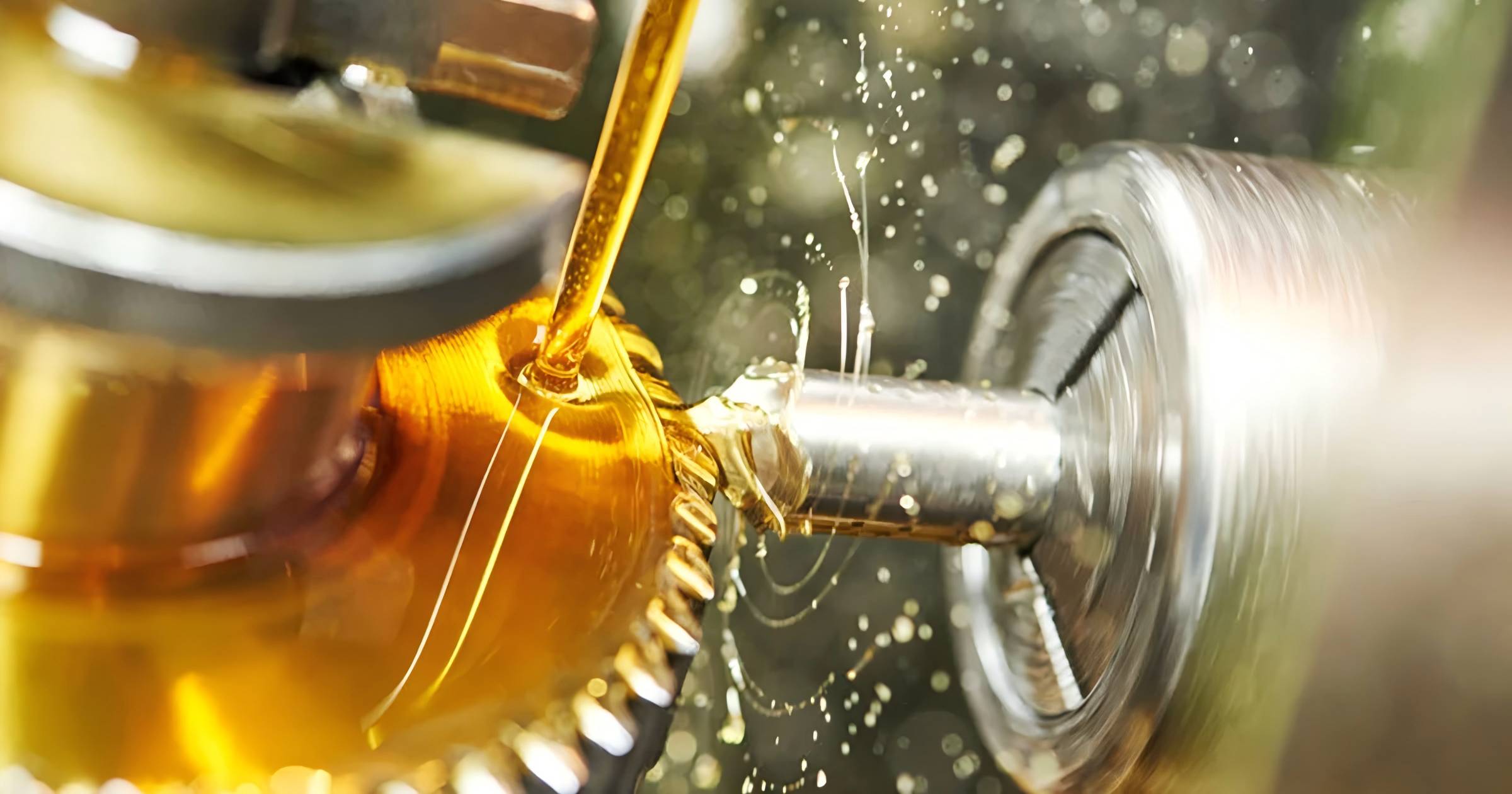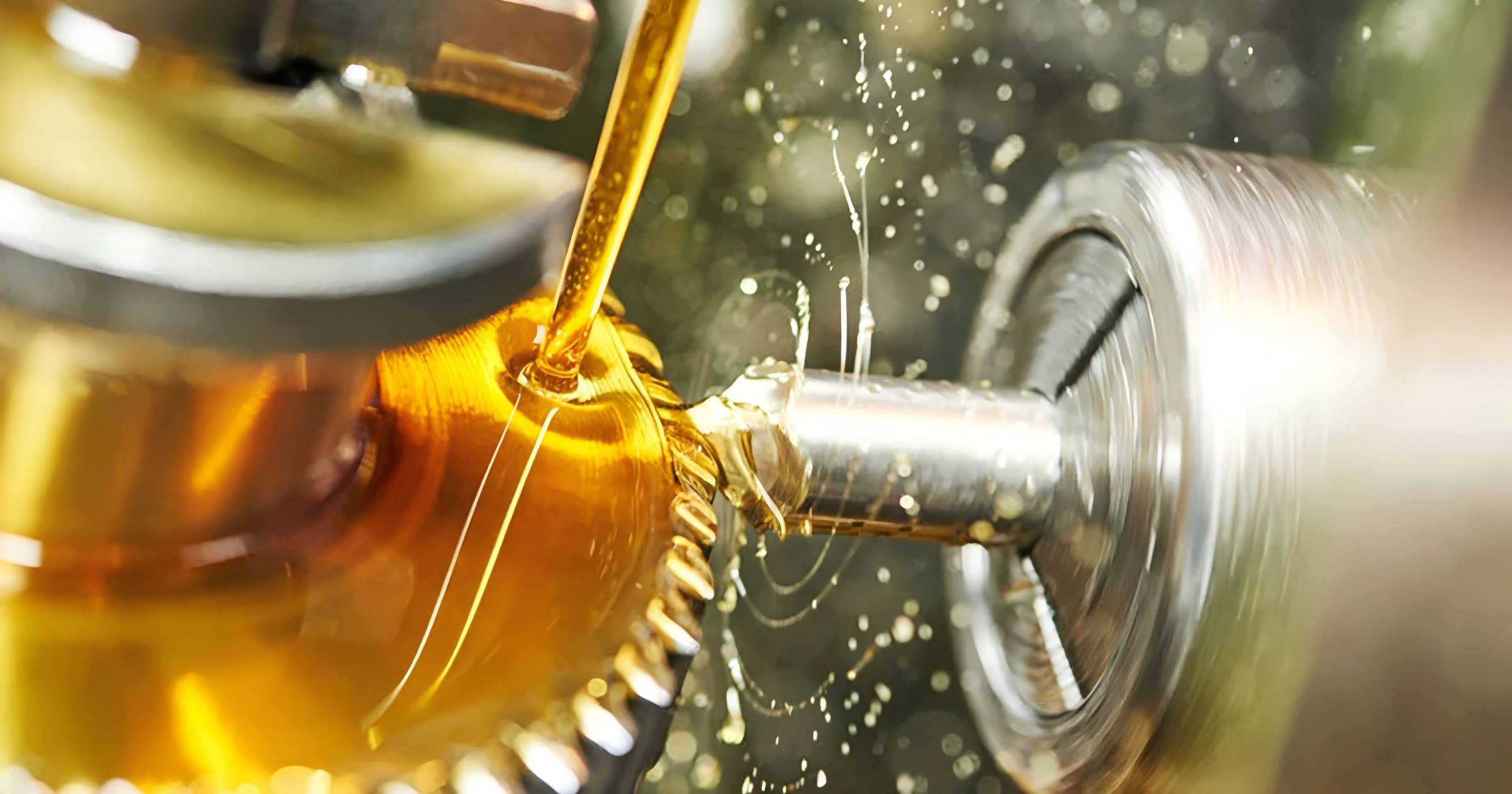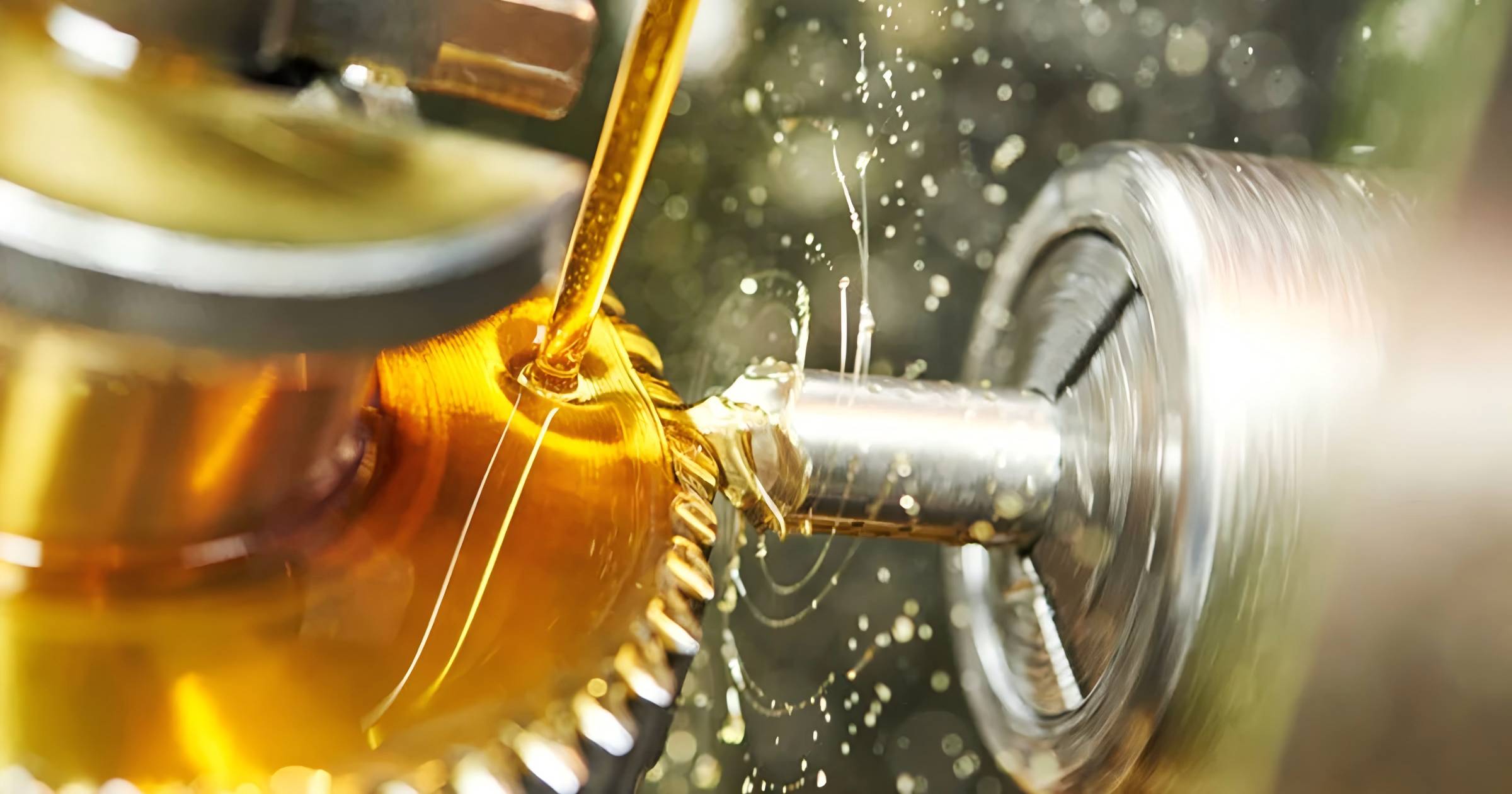UNPChemicals Metalwork fluid additive packages are advanced formulations blended into cutting fluids and coolants to enhance the machining performance between tools and workpieces. These additives improve lubricity, reduce heat generation, and enhance chip removal, helping to prevent tool wear, minimize surface roughness, and reduce the risk of corrosion in metalworking processes. Widely utilized in drilling and milling fluids, these packages are also incorporated into solutions for grinding operations, tapping and threading, broaching, forming processes, industrial machining, and high-speed cutting applications. In precision machining fluids and heavy-duty metal forming lubricants, metalwork fluid additive packages optimize tool life and ensure smooth operation by providing effective cooling and rust protection under demanding conditions.
Top UNPchemicals Metalwork Fluid Additive Packages
Popular UNPChemicals Metalwork Fluid Additive Packages
Emulsified oil additive package UNP MW911
Emulsified oil additive package UNP MW911 is designed to meet the exacting requirements of diverse metalworking and industrial processes where emulsified oils are utilized. It is an additive package meticulously crafted for emulsified oils, with a unique
Read More Get A QuoteSemi-synthetic additive package UNP MW922
Semi - synthetic additive package UNP MW922 is designed to meet the rigorous demands of various industrial and manufacturing processes where semi - synthetic fluids are deployed. It is an additive package painstakingly formulated for semi - synthetic flui
Read More Get A QuoteFully synthetic additive package UNP MW933
Fully synthetic additive package UNP MW933 is designed to meet the exacting demands of high - performance industrial and manufacturing operations where fully synthetic fluids are essential. It is an additive package meticulously formulated for fully synth
Read More Get A Quote
What is Metalwork Fluid?
Metalwork fluid is a specialized liquid used in various metalworking processes such as cutting, grinding, milling, drilling, and forming. It serves multiple crucial functions. Firstly, it acts as a coolant, dissipating the heat generated during the machining operations, which helps prevent overheating of the cutting tools and workpieces, thereby prolonging their lifespan and maintaining dimensional accuracy. Secondly, it functions as a lubricant, reducing the friction between the tool and the workpiece, enabling smoother cutting and reducing wear on both. Additionally, it helps flush away chips and debris from the cutting zone, preventing them from interfering with the machining process and causing surface defects or tool damage. Metalwork fluids can be water-based, oil-based, or synthetic formulations, each with its own set of advantages and disadvantages, and are chosen based on the specific requirements of the metalworking operation.
What are Metalwork Fluid Additive Package?
Metalwork fluid additive packages are combinations of chemical compounds that are incorporated into the base metalwork fluid to enhance its performance and meet specific machining needs. These packages typically consist of a variety of additives, each designed to address particular aspects of the metalworking process. For example, anti-wear additives are included to protect the cutting tools and workpiece surfaces from excessive wear and abrasion. Extreme pressure additives are crucial for operations involving high loads and stresses, as they form a protective layer that can withstand the intense forces and prevent tool failure. Rust and corrosion inhibitors are added to safeguard the metal components from oxidation and degradation, especially when they are exposed to moisture and other corrosive elements in the machining environment. Biocides are often incorporated to control the growth of microorganisms in water-based metalwork fluids, preventing the formation of biofilms that can clog filters and affect the fluid's performance.
Features of Metalwork Fluid Additive Package
- Improved Machining Performance: Significantly enhances the cutting ability of the fluid, resulting in better surface finish, reduced tool wear, and increased machining accuracy. This leads to higher productivity and quality of the machined parts.
- Versatility: Can be tailored to suit different metalworking operations and materials. Whether it's machining of ferrous or non-ferrous metals, soft or hard alloys, the additive package can be adjusted to provide optimal performance.
- Longevity: The additives help maintain the effectiveness of the metalwork fluid over time, reducing the frequency of fluid replacement. This not only saves on fluid costs but also minimizes downtime for fluid changes, increasing overall production efficiency.
- Environmental and Worker Safety: Some additive packages are formulated to be more environmentally friendly, with reduced toxicity and improved biodegradability. They also ensure the safety of workers by minimizing the generation of harmful fumes and vapors during machining.
Properties of Metalwork Fluid Additive Package
- Chemical Compatibility: The additives must be chemically compatible with each other and the base metalwork fluid to ensure stability and avoid any negative interactions that could lead to reduced performance or the formation of harmful precipitates.
- Solubility and Dispersion: They should have good solubility and dispersion characteristics in the fluid to ensure uniform distribution and effectiveness throughout the machining process. This allows each additive to perform its intended function at the required location, such as the cutting interface.
- Thermal Stability: Capable of withstanding the high temperatures generated during metalworking without decomposing or losing their beneficial properties. This is essential for maintaining the fluid's cooling and lubricating capabilities under extreme conditions.
- Oxidation Resistance: The additives should prevent the oxidation of the metalwork fluid, which can lead to the formation of sludge, varnish, and other deposits that can clog filters, affect tool cooling, and reduce lubrication efficiency.
Applications of Metalwork Fluid Additive Package
- Automotive and Aerospace Manufacturing: In the production of engine components, chassis parts, and aircraft structural elements, the additive package helps achieve precise machining, ensures the durability of cutting tools, and meets the strict quality and performance requirements of these industries.
- Tool and Die Making: For machining of hardened steel and other high-strength materials used in tool and die manufacturing, the additive package provides the necessary extreme pressure protection and wear resistance to produce high-quality and dimensionally accurate dies and molds.
- General Metal Fabrication: In workshops involved in cutting, bending, and welding of various metals, the metalwork fluid additive package improves the overall efficiency and quality of the fabrication process, from small-scale custom jobs to large-scale production runs.
-Precision Machining: In industries such as electronics and medical device manufacturing, where tight tolerances and excellent surface finishes are required, the additive package helps achieve the necessary machining precision and surface quality.
How Does Metalwork Fluid Additive Package Work?
When added to the base metalwork fluid, the additives in the package work in a coordinated manner. Anti-wear and extreme pressure additives, for example, adsorb onto the metal surfaces at the cutting zone. Under the influence of high pressure and temperature, they form a protective film that reduces the coefficient of friction and prevents direct metal-to-metal contact, thereby minimizing wear and tool damage. Rust and corrosion inhibitors work by forming a barrier on the metal surfaces, either through physical adsorption or chemical reaction, to prevent the ingress of moisture and oxygen, which are the primary causes of corrosion. Biocides function by either killing or inhibiting the growth of microorganisms in the fluid, preventing the formation of biofilms that could clog coolant lines and reduce heat transfer efficiency. The additives also interact with the base fluid to enhance its cooling properties, for instance, by improving its heat capacity or heat transfer coefficient, ensuring effective dissipation of the heat generated during machining.
How to Select Metalwork Fluid Additive Package?
- Understand the Metalworking Process: Consider the type of machining operation (e.g., turning, grinding, etc.), the material being machined (its hardness, chemical composition, etc.), the cutting speed, feed rate, and depth of cut. These factors will determine the specific performance requirements of the metalwork fluid additive package, such as the need for extreme pressure additives for heavy cutting or biocides for water-based fluids in long-term operations.
-Base Fluid Compatibility: Ensure that the additive package is compatible with the chosen base metalwork fluid. Different base fluids, such as water-soluble oils or synthetic esters, have different chemical properties, and the additives must be able to mix well and remain stable without causing issues like separation, foaming, or changes in fluid viscosity.
-Performance Standards and Regulations: Look for additive packages that meet or exceed relevant industry standards and regulations. For example, in some industries, there are specific requirements for the toxicity and biodegradability of metalwork fluids. Compliance with standards such as those set by OSHA (Occupational Safety and Health Administration) or environmental regulations is essential to ensure a safe and sustainable machining operation.
-Manufacturer Reputation and Technical Support: Choose a reputable manufacturer with a history of producing high-quality additive packages. A reliable manufacturer will offer technical support, including advice on proper dosage, mixing procedures, and troubleshooting any potential issues. They should also be able to provide detailed information about the additive package's composition, performance data, and compatibility with different machining processes and materials. Additionally, customer reviews and industry references can help evaluate the manufacturer's reputation and the performance of their products in real-world applications.


